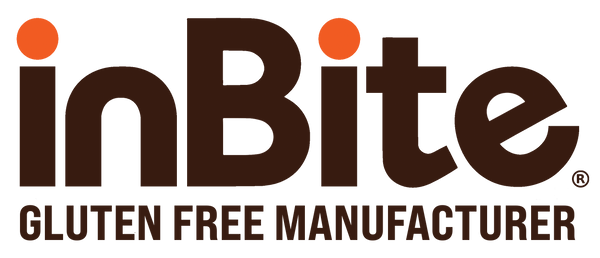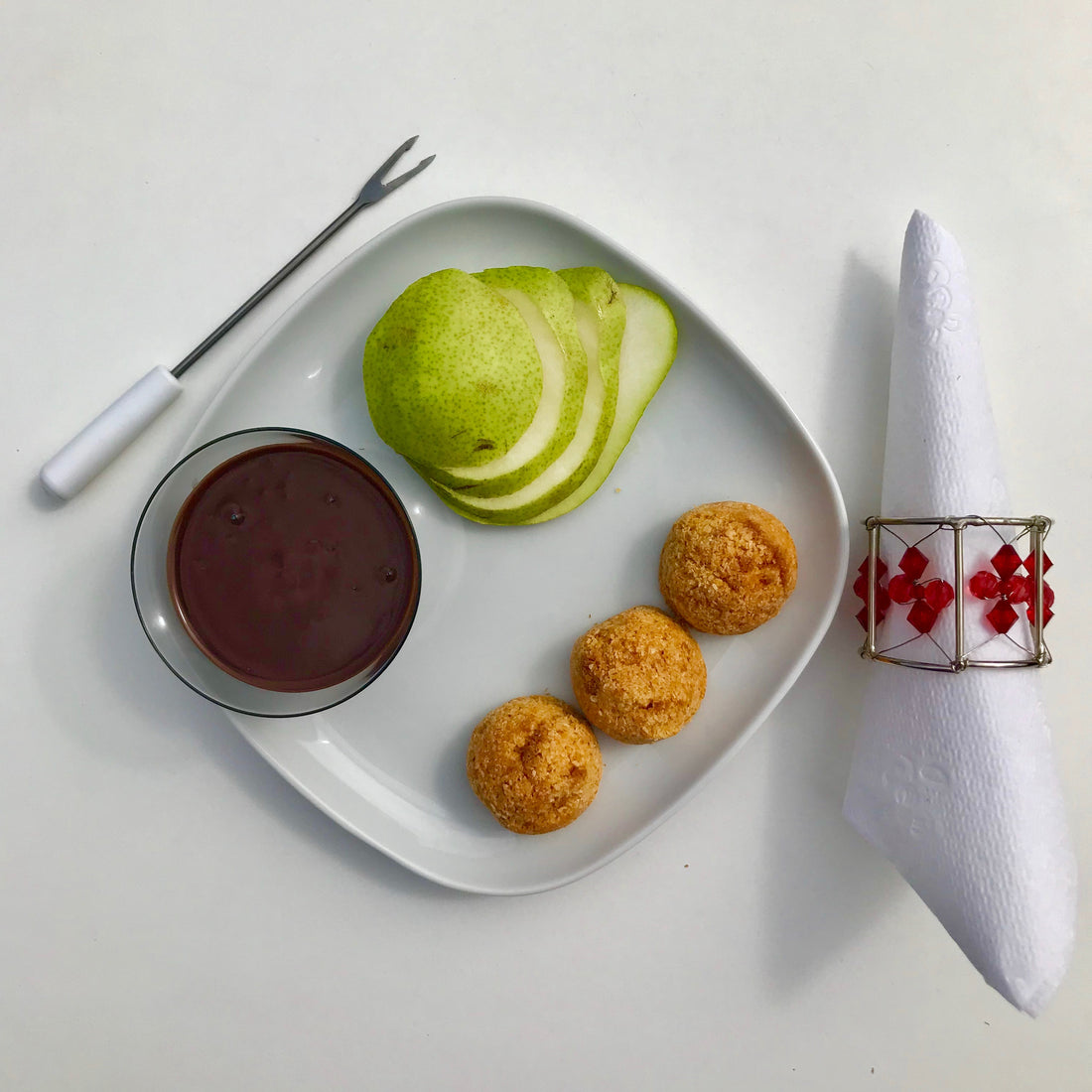“Now all of this does not mean gluten is ‘bad or good’ by itself. It is just different!”
What is Gluten?
A lot of people seem to roll their eyes at the mention of having a gluten-free diet, mainly because they don’t know what gluten is. Gluten is a protein found in wheat, barley, rye, and triticale. It can be found in many products such as bread, pasta, cereal, beer, food coloring, and much more. Many individuals have an intolerance and sensitivity to gluten. Those with an intolerance are diagnosed with Celiac Disease, an autoimmune disease. It is important to check the labels of products to ensure that it is gluten-free or not.
What is a Celiac Disease?
Celiac disease is an intolerance to gluten, where the immune system reacts against the protein when it is ingested or even touched. Those who have Celiac Disease and consume gluten could develop long-term health problems such as Bowel Cancer and Alzheimer's, and short-term discomfort from headaches, brain fog, pains in the joints, diarrhea, and constipation. Experts estimate that approximately 1% of the population is diagnosed with Celiac Disease.
What does it mean to go gluten-free?
Other people may be sensitive to gluten but do not have an immune response to the gluten protein. These people may feel better on a diet with less gluten. There are also individuals who willingly choose a gluten-free diet even if they do not have any adverse reactions to gluten. Typically these people perceive going gluten-free as a healthier diet. Whether you decide to be gluten-free due to health or personal reasons, I advise that you speak with a medical provider to assure that consuming a gluten-free diet is nutritionally appropriate for you.
Why would someone want to go gluten-free?
Dr. Alessio Fasano, the world’s top gluten expert, explains the relationship our bodies have with gluten. First, we as humans can’t completely break down the protein gluten, our body was simply not designed for it, yet we still eat it and most are fine. Where the real problem lies is in the process of making gluten products. Making beer or bread is a process where one allows yeast to fragment for about 10 to 12 hours. This process is crucial to let the enzymes break down and make it easier for our bodies to digest gluten. However, in the United States, the process to make gluten products is accelerated artificially for the sake of cost-effectiveness, but at the cost of our wellbeing. Additionally, in the United States, a large portion of gluten has pesticides and is genetically modified, changing the grains into something our bodies are not used to processing.
So… is gluten good or bad?
Now all of this does not mean gluten is “bad or good” by itself. It is just different! Whether you choose to buy gluten-free products or not, my advice is to always understand the importance of eating well-balanced meals filled with wholesome ingredients like vegetables and whole grains. And always listen to your body.
At InBite we are in a constant search for quality ingredients and promoting healthy alternatives. Ana Rodriguez Fortun and I, Giancarlo Timotei , started InBite to create an alternative source to gluten for those who are Celiac, and for those who desire not to consume gluten for personal reasons. We develop products to satisfy particular health issues and healthier lifestyles. We give our customers the best offering of vegan, low carb, paleo, gluten-free, lactose-free, and low sugar products. Click here to check out some of our amazing products!

